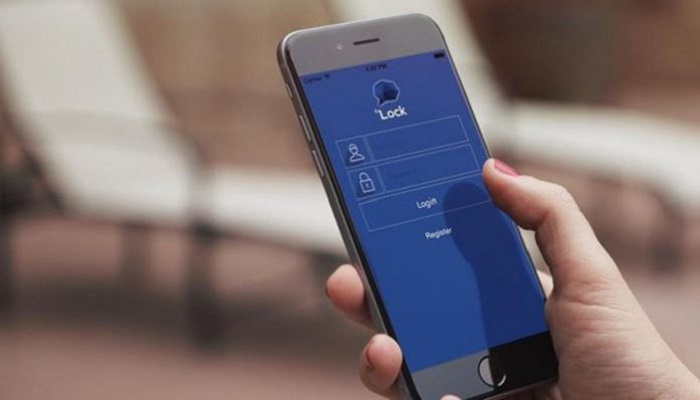A letter sent by Turkey’s Security Directorate General to all police units in the country tells police officers to secure confessions from individuals who have been detained due to their use of a smart phone application called ByLock because mere use of the application is not considered a crime, according to a report on the tr724.com news portal.
Turkish prosecutors claim that ByLock is the top communication tool among members of the faith-based Gülen movement, which the government accuses of masterminding a coup attempt on July 15. Critics, however, have blasted the government for detaining thousands simply for using a mobile application.
Turkey survived a military coup attempt on July 15 that killed over 240 people and wounded more than a thousand others. Immediately after the putsch, the government along with President Recep Tayyip Erdoğan pinned the blame on the Gülen movement.
The letter states that those who have been detained for their use of ByLock should be rigorously interrogated and that their depositions should support their detention, rather than the use of ByLock, because the courts will not accept mere use of the smart phone application as evidence of a crime.
A high criminal court in Hatay province recently rejected an indictment prepared on members of the so-called Fethullah Gülen Terrorist Organization (FETÖ), a term used by the Turkish government to describe the Gülen movement, saying that there is no such terrorist organization officially identified.
The same court also said use of the ByLock application alone cannot be considered a crime. The court added that it is not known when the suspects downloaded the application, with whom they communicated using it and what the content of their conversations was, saying that they cannot be accused simply for downloading ByLock.
According to reports, Turkey’s Security Directorate General and the National Intelligence Organization (MİT) have an IP address list of the people who downloaded ByLock, but they don’t have the content of the conversations made over the application.
Judicial experts suggest that a person cannot be accused for using a certain means of communication, adding that they can be accused only if there is an element of crime in their messages. They also say that a court order is required to conduct technical surveillance and to be able to present the findings in court as evidence.
Technical surveillance data collected without a court order is not considered legal evidence by Turkish courts.
